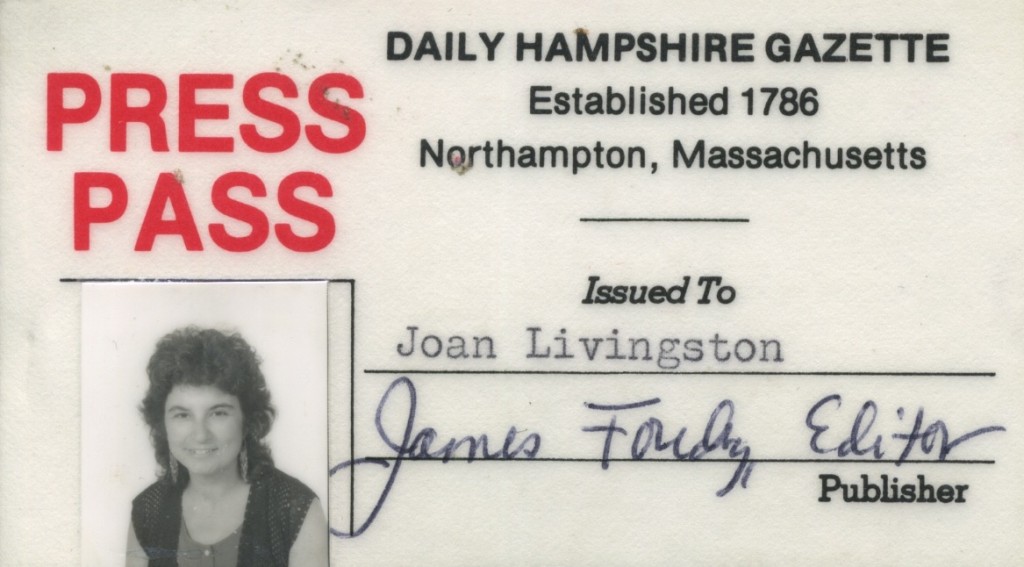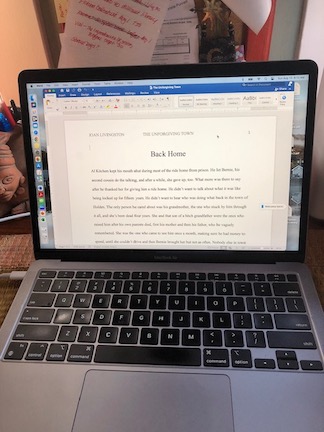Many sleuths have a sidekick. When I chose one for Isabel Long, the protagonist in my mystery series, I went for someone unusual — her 93-year-old mother, Maria Ferreira. Yeah, she’s Isabel’s “Watson.” And though nearly all of the characters I create are purely fictional, when I write about Maria, I’m inspired by my own mother.
Well, it being Mother’s Day, why not give some shine on this important character in my Isabel Long Mystery Series — and a real person in my life.
Interestingly, I have heard numerous readers say they don’t want me to ever lose Isabel’s mother. I am not planning on it, I say to their relief. I can see why they like Maria. She is smart and spunky at age 93.
So is the person who inspired her — my own mother, Algerina Medeiros, who left us last September at age 99. I can think of many adjectives to describe Mom although being curious, involved, and creative come quickly to mind. She had a long and enjoyable marriage with my father, who she met on a blind date. Being a big reader and a fan of my books, my mother gave her approval when I started the series.
Using her as an inspiration for Isabel’s mother came easy.
And now that my own mother is no longer with us, I feel I keep her going if only through my imagination and the words I write.
In my mystery series, both Isabel and her mother are widows. Maria came to live with her in the fictional hilltown of Conwell in Western Massachusetts after both were tired of living alone. Also, Isabel has the most space of her siblings. (My own mother preferred living by herself.)
It’s been a bit of an adjustment for Maria living with her daughter and moving to the sticks, as she calls it, from the state’s seacoast. But the town has a library that supplies her with those mysteries and smutty romances she likes. And she’s found a whole different culture in country living. She’s also a big fan of Isabel’s guy, Jack, who owns the town’s only bar.
Maria likes to stay up late reading, doing puzzles in the newspaper, and watching TV. Being Portuguese, she makes family favorites like kale soup. So did my mother.
She’s also got a lead foot when she’s driving, or as Isabel says, it’s like her mother is driving the getaway car in a bank robbery. Actually, I stole that line from my husband, Hank, when he commented about my mother’s driving after she gave us a ride. Once when I was with her, I told her she was driving a little too fast. She laughed and said it was the car. Of course, I used that in a book. I believe she drove until she was 95 or so.
Isabel often takes her mother when she interviews potential clients and even persons of interest, if there’s no danger involved. She counts on Ma’s observations. I bet my own mother would have been great at that.
And Ma encourages Isabel to continue being a private investigator. Actually, she is just as excited as Isabel about finding new cases to solve. She says it is boring without one. I could hear my mother saying that.
Here is an excerpt from Missing the Deadline, no. 7, in which Isabel and her mother are at the home of Cyrus Nilsson, a noted poet who wants her to investigate the shooting of his first literary agent. They meet outside the home of the Big Shot Poet, Isabel’s secret nickname for him, and then shoo him inside so they can weigh the merits of the case. It’s a typical conversation between the two.
“What do you think, Ma? Should we take this case?”
“This would be more different than your others. This Gerald is alive, but we don’t know how bad off he is. He might not be very helpful at all. Or maybe he would be.” She pauses. “I would just insist on the usual list of people to interview. At the top should be this sister, Wendy. Without her, we won’t have much to go on.”
“I agree. And that guy Cole. Plus anyone Gerald might have crossed.” I think about my conversation with Cyrus and what I read online. “I wonder how long that list would be.”
“You’re the one who does the heavy lifting on these cases. What’s your gut feeling?”
“My gut feeling? How different is this to my other cases? I didn’t have a lot to go on at first, but I worked it out. The last one was nearly fifty years old. This one is a lot more recent, only three.”
“Plus, there are no guarantees you will find the culprit. You should remind Cyrus that. This man could have indeed tried to off himself.”
I smile hearing my mystery-loving mother use the words “culprit” and “off.” Yes, there are no guarantees I will be successful although I’d like to keep my winning streak going.
“Okay, let’s do it.”
My mother laughs. “Oh, boy, a new case. This will be good practice for the big one.”
“Yes, it would be nice to finally give Patsy some justice,” I say.
For those of you wondering, Patsy was my cousin who was kidnapped in my hometown when I was a kid. Her body was found buried years later when a wooded area was being cleared for a subdivision. Her killer was never found. It is a tragedy that still haunts our family. Do I have the P.I. smarts to solve it? I’m working on it.
I glance toward the house, where Cyrus hovers behind that window.
“Shall we keep him waiting longer?” I joke.
“Isabel,” my mother says in a voice I remember from my childhood that I may be pushing it.
“Oh, alright.”
Yes, that’s a photo of my mother above. And here’s the link to Missing the Deadline in case you are interested.






